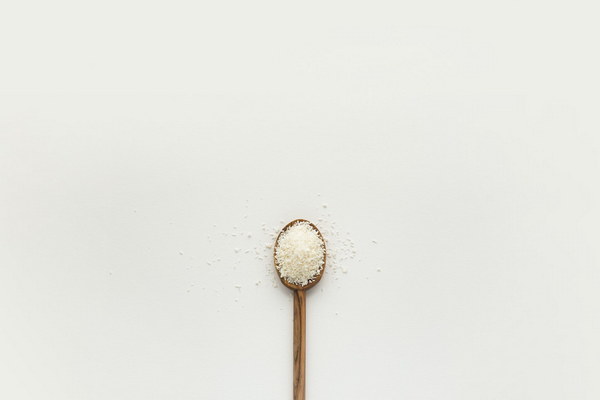The Importance of Liver and Kidney Function Nurturing the Tendons and Strengthening the Bones
In traditional Chinese medicine, the concept of liver not nourishing the tendons and kidneys not assisting the bones is a fundamental principle that highlights the interconnectedness of the liver and kidney organs in maintaining the body's structural integrity and overall health. This article delves into the significance of these organs, their roles in the body, and the consequences of imbalance between them.
The liver, in Chinese medicine, is responsible for the production and regulation of blood, as well as the smooth flow of Qi (vital energy). It governs the tendons, which are the flexible structures that connect muscles to bones, allowing for movement and flexibility. Conversely, the kidneys are the root of energy and essence, playing a crucial role in the development and maintenance of bones, as well as the reproductive system.

When the liver does not adequately nourish the tendons, it can lead to weakness, stiffness, and pain in the joints and muscles. This condition, known as liver wind in Chinese medicine, can manifest as symptoms such as dizziness, headaches, and spasms. On the other hand, if the kidneys fail to assist the bones, it can result in osteoporosis, fractures, and other skeletal disorders.
Several factors can contribute to the imbalance between the liver and kidneys, including stress, poor diet, and excessive consumption of alcohol. To understand the importance of these organs and their functions, let's explore the following aspects:
1. The liver's role in the tendons:
The liver produces a substance called Yin, which is essential for the tendons' nourishment and flexibility. Yin is responsible for moistening the tendons, ensuring that they can move smoothly without friction. When the liver is healthy, it can effectively produce Yin, leading to strong and supple tendons. However, if the liver is deficient in Yin, it can cause tendons to become brittle and prone to injury.
2. The kidneys' role in the bones:
The kidneys are considered the root of bones in Chinese medicine. They store the essence, which is the fundamental substance that supports growth, development, and repair. When the kidneys are strong, they can provide the necessary essence to maintain healthy bones and joints. A weakened kidney can lead to a decrease in bone density, increasing the risk of fractures and osteoporosis.
3. The interconnectedness of liver and kidneys:
The liver and kidneys are closely connected, as the liver helps to transport the essence from the kidneys to the tendons. In return, the tendons contribute to the production of blood and Qi, which nourish the kidneys. This interdependence ensures that both the tendons and bones remain healthy.
4. Balancing liver and kidney function:
To maintain a healthy balance between the liver and kidneys, it is essential to adopt a holistic approach that includes diet, lifestyle, and herbal medicine. Here are some suggestions:
- Maintain a balanced diet that includes a variety of fruits, vegetables, whole grains, and lean proteins.
- Practice stress-reducing techniques such as yoga, meditation, or tai chi.
- Get regular exercise to strengthen the muscles and bones.
- Consider herbal supplements like Dang Gui, Suan Zao Ren, and He Shou Wu, which are known for their liver-nourishing and kidney-tonifying properties.
In conclusion, the liver and kidneys play a vital role in the maintenance of the tendons and bones. Understanding the importance of these organs and their interconnectedness can help us adopt a more balanced lifestyle that supports optimal health and well-being. By addressing the root causes of imbalance, we can prevent the development of various health issues and enjoy a more fulfilling life.









